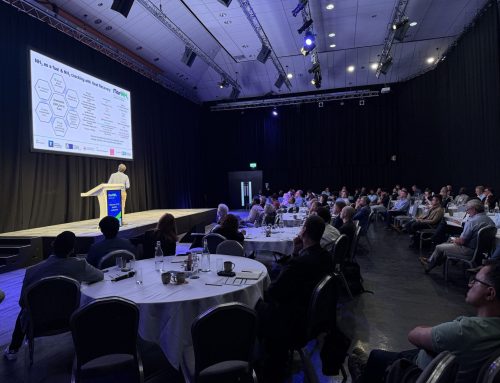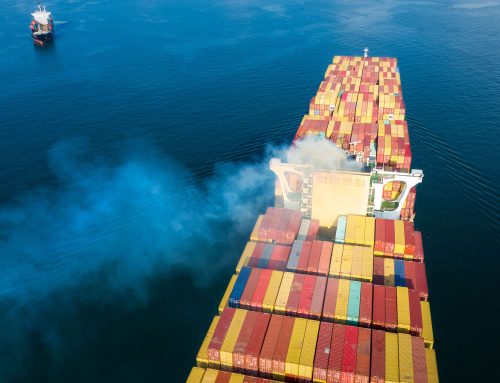MariNH3 partners – University of Nottingham and University of Brighton – have won a new project to commission world-class large single cylinder engine testing facilities for academia and industry to accelerate disruptive high power decarbonised engine technologies and fuels from within the UK.
TITANZ (Test Engines to Accelerate Net Zero Shipping and Power Generation) is a £3.5million project funded by the Engineering and Physical Sciences Research Council (EPSRC) to establish a megawatt scale decarbonised engine experimental facility, with two unique research engines strategically co-located as a new collaborative centre of excellence and nationally accessible asset at Nottingham and Brighton.
With international recognition for disruptive engine research for lighter duty cars, vans and trucks, the UK now has clear opportunities to transfer this fundamental knowledge and skills from automotive to high power applications of marine, freight rail, off-road and stationary power generation.
However, there is currently a lack of large-scale research engines which means the research community is reliant on the use of simulation tools to scale up related models, often with errors in predictions. The new facility will enable improved precision testing at true scale to improve related fundamental understanding and simulations.
The engines will also enable system-level assessments of new fuels, lubricants, components and sub-systems that enable step changes in thermal efficiency and/or pollutant emissions for problematic Net Zero applications.

Prof Al Cairns leads the TITANZ programme
Programme Director, Professor Alasdair Cairns, said: “In the UK we lack large single cylinder research engine facilities, which is a major omission in accelerating Net Zero fuels, disruptive large engine technologies and policies.
There are several unknowns around the acceptance of fuels such as ammonia and hydrogen. Whilst there’s general agreement that ammonia will form part of the mix for larger ships, methanol seems to be favoured for intermediate vessels and smaller generator sets and hydrogen for some shorter-range applications. But there is currently no common oversight of what will be the “right” mix of maritime and power generation fuels, for the UK or globally. It’s a complex problem that covers technical, environmental, economic and social aspects.
TITANZ will deliver appropriately scaled end use data on performance and emissions to enable new research around full life cycle impacts, economic analysis and future legislation assessments.”
One of the immediate benefits will be to the MariNH3 research programme, which is developing clean, green ammonia engines for maritime. Eighteen months into the five-year project, testing and simulations are already showing promising results. The new test engines will enable the transfer of fundamental knowledge into full-scale application.

